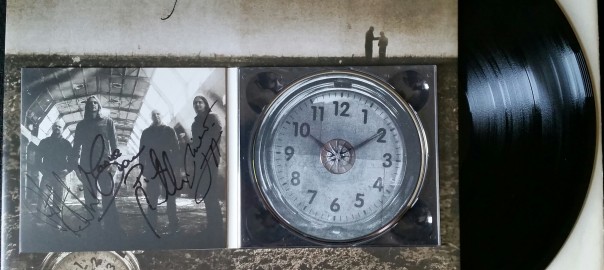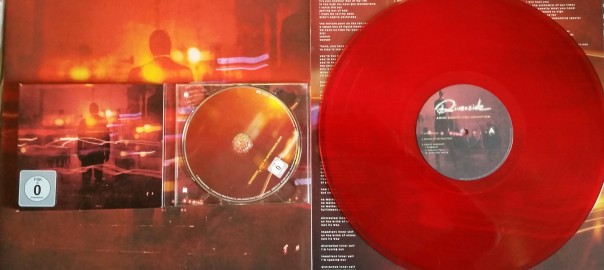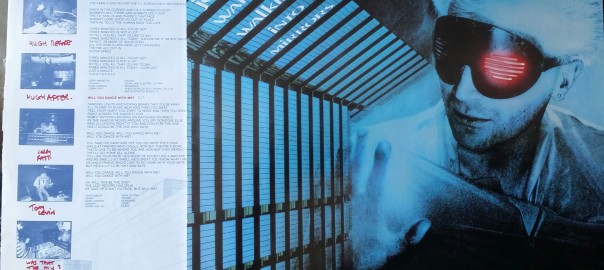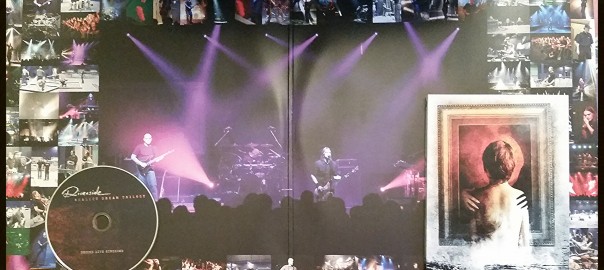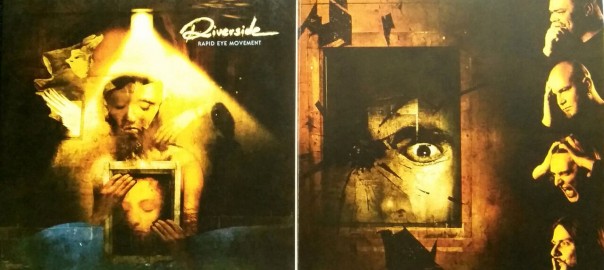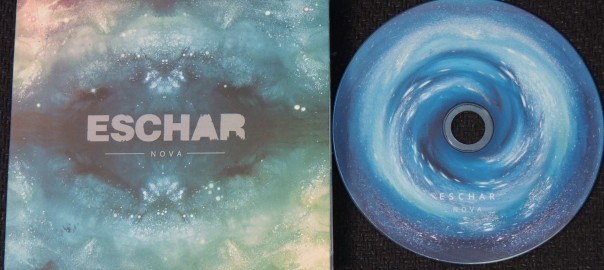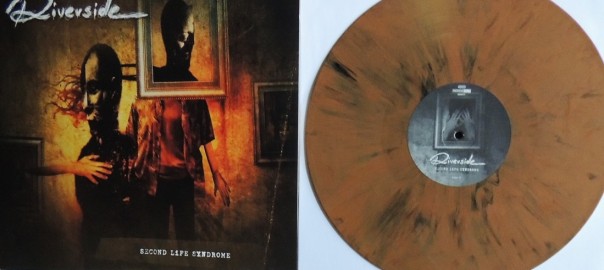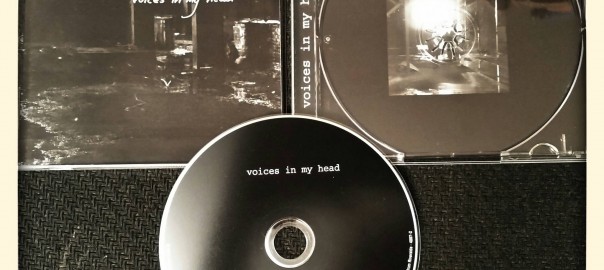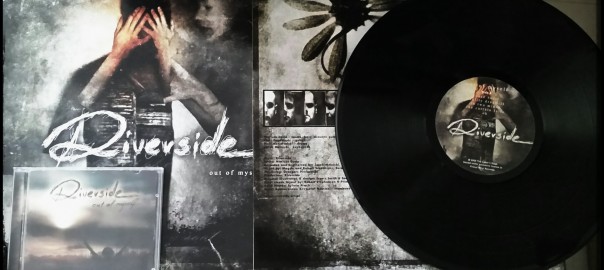Released June 2011
Tracklist:
- Goodbye Sweet Innocence
- Living in the Past
- Forgotten Land
After the release of Anno Domini High Definition, four long years passed before the fifth full-length album appeared in 2013. However, the guys were not idle: Mariusz Duda released two albums for his Lunatic Soul solo project: Lunatic Soul II in 2010, and Impressions in 2011, and the band continued to work on new material.
As it turned out, 2011 marked the 10th year of the band’s existence, and the Memories in My Head EP became part of the celebration of their first decade. It certainly seemed as though the band had reached a high water mark: Their label in Poland, Mystic Productions, released the 6-cd Reality Dream box set (combining the first three albums with additional material), and Inside Out released several limited edition coloured vinyl versions of their first four albums. The band then embarked on a “Jubilee Year” tour of Europe, which culminated with the release of this EP; they also began talk of a new album.
“When something ends, something else begins/We are moving on”.
Memories in My Head was intended as a farewell nod to the foundational Riverside sound of the Trilogy years (and perhaps to placate the fans impatient for a new album): as ADHD (and subsequent albums) demonstrated, the musical intentions and direction and of the band had shifted, and would continue to do so. Still, the EP may well be one of the band’s most beloved releases, and it is not hard to see (or indeed hear…) why. MiMH truly is a magnificent little album, a consummate distillation of everything that made the Riverside sound unique, an almost perfect summing up of ten years of musical and lyric artistry, inspiration and influences, writing and touring.
Clocking in at a shade under 33 minutes (and by now the numbers game should need no explanation), the three glorious tracks merge seamlessly into each other, creating a musical flow that makes the EP feel almost like one long, magnificent song. Driven by Piotr Grudziński’s hallmark melodic winding guitar themes, and Mariusz Duda’s powerful leading bass and fine vocals, it is packed with musical metaphors and classic Riverside tropes and themes, lushly atmospheric, full of the vast, cinematic soundscape that is so fundamental to their sound. Lyrically Duda is very much on the ball; there is some excellent word-smithing here, at least on the first two tracks, evoking both nostalgia for the past and hope for the future. “Forgotten Land” does break the continuity in that regard, being one of the very few songs he has written (for any of his projects) that is not from an intimate first or second-person perspective. However, the track was used in a trailer for The Witcher 2 video game, so it works in that respect.
Memories in My Head looks back to the more expansive, more progressive, much-beloved sound of the band’s origins, and winds up that era of the band’s history in an almost perfect fashion. There could hardly be a better way to commemorate their first ten years.
